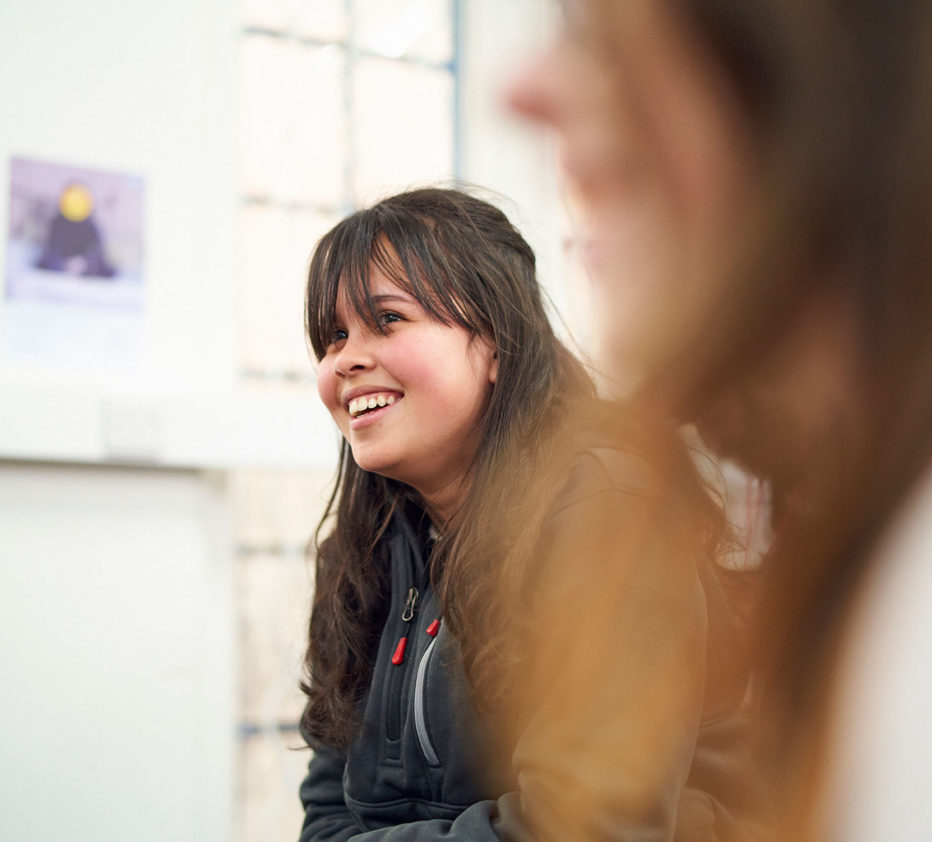Are you ready to launch your career in the exciting field of Health and Science? Our T Level Technical Qualification in Science is designed for students who are passionate about making a difference. Specialising in Laboratory Sciences, this course provides you with the fundamental theory, safe behaviours, and practical skills required to excel in the science sector. You'll gain a comprehensive understanding of how the industry works, core scientific knowledge and concepts, and key regulations including best scientific laboratory practice, health and safety, and information management.
Much of your time will be spent in specialist laboratory facilities, developing the hands-on skills needed to work effectively in this field. This course enables you to apply your skills in many different fields and roles within the science sector. With a substantial industry placement included, you'll gain real-world insights and networking opportunities, preparing you for higher education, apprenticeships, or direct entry into skilled employment. Join us and transform your passion for science into a rewarding career.
You will need 5 GCSE's at grade 4-9, including Maths, English Language and Science at a grade 5.
| Study level | Cost |
|---|---|
| 19+ | please enquire |
The programme is assessed through external examinations, ensuring a solid understanding of fundamental concepts. The laboratory science specialism is evaluated through practical assignments, providing hands-on experience and real-world application of skills. This combination of theoretical exams and practical assessments ensures you gain a comprehensive and well-rounded education, perfectly preparing you for a successful career in the science sector.
GCSE Maths and English are crucial for this programme, ensuring you have the foundational skills needed to excel in the dynamic field of Health and Science. Strong numeracy skills gained from GCSE Maths will allow you to handle complex scientific data, perform precise measurements, and understand intricate formulas essential in laboratory work. Meanwhile, GCSE English equips you with the ability to communicate effectively, both in writing and verbally, a vital skill for presenting research findings, collaborating with peers, and understanding scientific literature.
Having a solid grounding in these core subjects not only enhances your learning experience but also boosts your confidence in tackling the diverse challenges you'll encounter in your studies and future career. By mastering GCSE Maths and English, you position yourself for success, opening doors to higher education, apprenticeships, and skilled employment in the science sector. Embrace this opportunity to build a strong academic foundation and embark on an exciting journey towards a rewarding career in science.
As part of the course you will take part in a 45 day industrial placement to develop your practical and technical skills for an occupation or career.
The T Level in Laboratory Science is a dynamic, work-focused alternative to A-Levels, designed to equip you with the skills and knowledge needed for a successful career in science. This two-year course includes 45 days of workplace experience, enhancing your practical and technical skills.
This qualification prepares you for skilled employment or higher-level study in the science sector. Core knowledge is assessed through exams, while core skills are evaluated via a practical employer-set project. Additionally, maths, English, and digital skills are integrated into the curriculum, ensuring a well-rounded education in relevant contexts.
Modules will include:
- Working within the science sector
- Managing information and data within the science sector
- Best scientific practice
- Experimental equipment and techniques
- The use of technology and electronics in measurement and diagnostics
- Core scientific knowledge such as cellular biology, biochemistry, analytical chemistry, electricity and the use of radioisotopes
- Employer set project which involves problem solving, working with others, researching, communication and project management
NCFE
Upon completing this course, students have diverse options for future study and employment. You can pursue higher education in science-related fields at universities, engage in specialised apprenticeships, or step directly into skilled employment roles such as laboratory technician, food technologist, or metrology specialist.
This qualification opens doors to exciting careers in research, healthcare, environmental science, and more. With a strong foundation in practical skills and industry knowledge, you’ll be well-prepared to thrive in the dynamic and ever-evolving science sector. Embrace your passion for science and explore the endless possibilities that await you.

Find out everything you need to know about Sunderland College and our exciting range of courses!
Register for our next open event
(*Based on 16-18 year olds destination data, 2019/20 academic year)

100% overall A-Level pass rate
Summer 2021

97.4% of our apprentices progressed to employment or further study.
Destination data for Sunderland College 2019/20, Apprentice completers.

Our excellent student support services and expert staff will help you reach your potential.

Recognised regionally and nationally for our high-quality approach to careers education